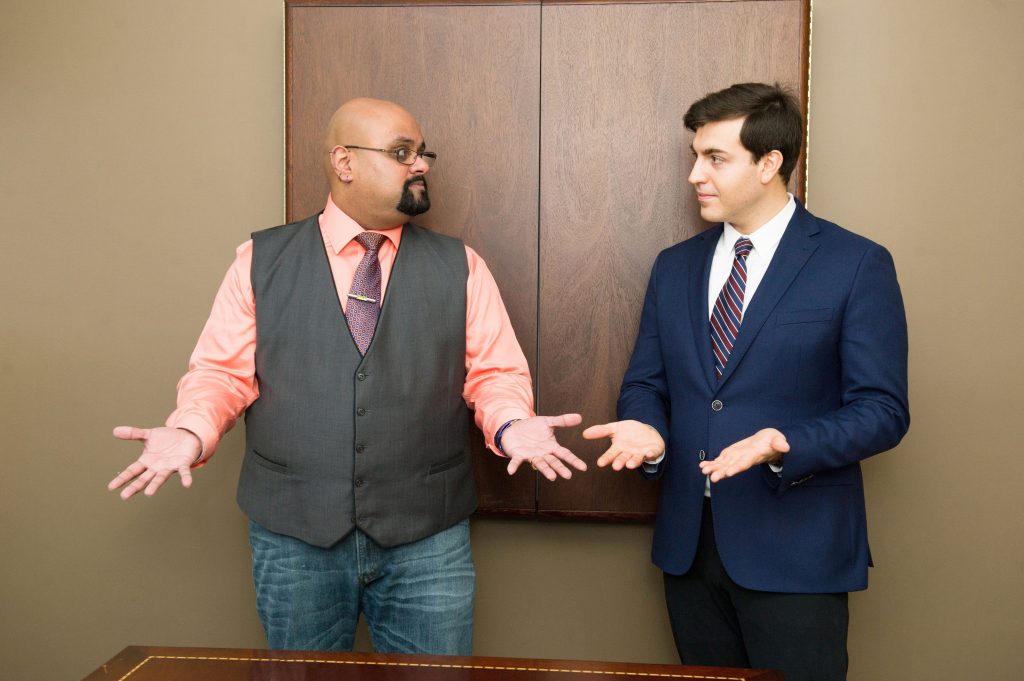The following is a story that my dad told me when I was young. I don’t know whether it’s true, but I hope it is.
A construction manager was calling vendors to get quotes on 100 wheelbarrows for an upcoming project. In his conversation with a salesman, he asked a very interesting question.
“Yes. And what kind of discount can you offer me if we get them without wheels?”
The vendor was understandably confused. “Why do you want wheelbarrows without wheels?”
“Because we don’t need them.”
“Uhm… sir? The wheelbarrows will not work without wheels. They will go no place.”
“Sure they will. We will just get another man to pick it up at the front, and the two of them will carry the load.”
The vendor was at a loss for words, so the construction manager continued. “You see, we won a government construction contract. Part of our bid was that we promised that we would create a certain number of jobs. If one hundred men push one hundred wheelbarrows, we have created one hundred jobs. If TWO hundred men carry one hundred wheelbarrows, we have created TWO HUNDRED JOBS!”
My dad never told me whether the construction company got the discount they were seeking, but the story illustrates an important distinction. There is a difference between doing something, and accomplishing something. When two people carry a wheelbarrow, as opposed to one person pushing it, the same thing gets accomplished. However, more people are involved. More time is probably taken, and more energy is expended (wasted?). More is “done”.
Sometimes, in our efforts to improve ourselves, we confuse DOING with ACCOMPLISHING. You can say that we want to improve your public speaking. You can spend countless hours writing a speech and then rehearsing in front of a mirror. You would DO a lot. But how much are you truly ACCOMPLISHING? Because if you aren’t improving, you’re just like the extra man at the front of the wheelbarrow. You are giving the appearance of doing something, without actually accomplishing anything. (In fact, if you do all the practicing alone in your home, you’re only giving that false impression to yourself.)
You can get better at public speaking much faster if you have a GOOD coach. Your coach won’t just teach you fundamental concepts. Your coach will ask the necessary questions to draw out your message and help you express it more clearly. Your coach will pick up on bad habits before they become habitual. Your coach will … dare I say … Lay those bad habits to rest.
With a good coach, you won’t just do more, you’ll accomplish more.
